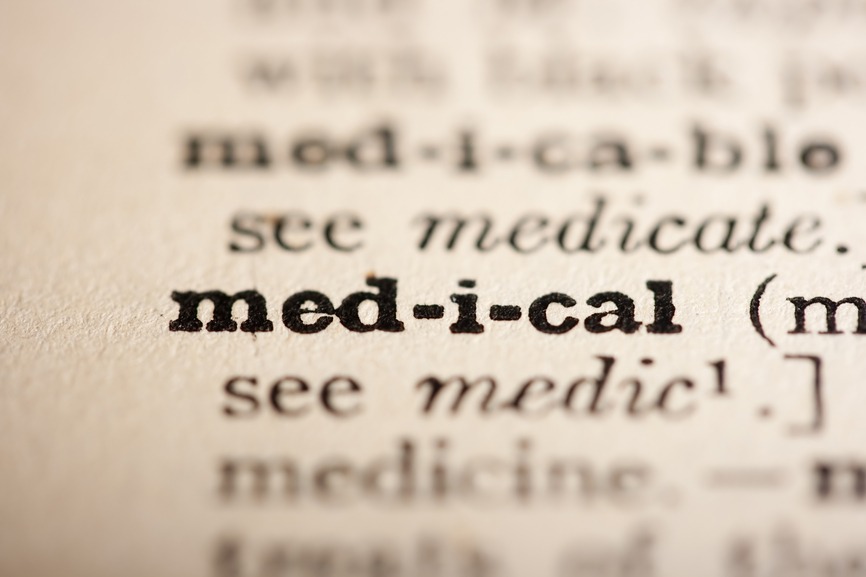 Inadequate diagnoses occur when a doctor makes the wrong diagnosis of a patient's medical condition or makes the correct diagnosis after an unacceptable delay.
Inadequate diagnoses occur when a doctor makes the wrong diagnosis of a patient's medical condition or makes the correct diagnosis after an unacceptable delay.
Inadequate diagnoses occur when a doctor makes the wrong diagnosis of a patient’s medical condition or makes the correct diagnosis after an unacceptable delay. Either way, the patient does not receive a timely and accurate diagnosis, which may make his or her illness more difficult to treat. A doctor who makes an inadequate diagnosis may be liable for medical malpractice.
Wrongful Diagnosis vs. Delayed Diagnosis
The two main types of inadequate diagnoses are misdiagnosis and delayed diagnosis. Both are significant medical errors that can harm patients.
Misdiagnosis or Incorrect Diagnosis
In a misdiagnosis or incorrect diagnosis, the doctor diagnoses the patient with the incorrect condition or fails to make a timely diagnosis. For instance, a patient visits his or her doctor with chest pain. After the doctor performs a few tests, he or she assures the patient it is a minor issue—acid reflux or indigestion.
The patient, relieved, returns home and ignores any further pain. A few days later, the patient is climbing a flight of stairs when his or her chest tightens up. The patient collapses, then awakens in the hospital to learn he or she had a heart attack.
In this situation, the doctor made a wrongful diagnosis, which led to the patient suffering a heart attack that he or she may have been able to avoid with a correct diagnosis and early intervention.
Delayed Diagnosis
In a delayed diagnosis, the doctor makes the correct diagnosis, but only after an unacceptable delay. The challenge in holding a doctor liable for medical malpractice for a delayed diagnosis is proving the doctor had enough information to have made the correct diagnosis earlier.
Inadequate Diagnoses and Medical Malpractice
To hold a doctor liable for medical malpractice based on an inadequate diagnosis, the plaintiff must demonstrate three things:
- By making an inadequate diagnosis, the doctor failed to follow the standard of care.
- The doctor’s failure caused the patient to suffer injuries.
- The patient incurred damages because of his or her injuries.
Free Case Evaluation With a Medical Malpractice Lawyer
Delayed diagnosis or misdiagnosis may be considered malpractice. A medical malpractice attorney from Newsome | Melton can help. For a free case evaluation, call us today at 888-526-8947.
Inadequate Diagnoses - Frequently Asked Questions

The increase in the number of breast augmentations performed has also led to an increase in the number of breast implant malpractice claims. When a patient is seriously injured or dies as a result of breast augmentation surgery, it is possible that malpractice has occurred. Potential Breast Implant Injuries There is always a risk involved
Read More
More medical malpractice claims arise from surgical procedures than from any other medical field. While any number of things can go wrong during complex medical procedures, there are some common allegations in malpractice cases involving surgery. If you believe you were the victim of medical malpractice, an attorney from Newsome | Melton can help. We can determine
Read MoreInadequate Diagnoses - News Articles

All biopsies can be scary because of the uncertainty of what they may uncover. But the procedure itself is routine and rarely causes any issues. This was not the case, however, for Beverly Wilson, who went in for a biopsy in December 2013 and left with second and third-degree burns to her face, neck, shoulder,
Read More
Teenage Shooting Victim’s Family Files Medical Malpractice Lawsuit Against Florida Hospital for Negligence in His Death Brian Brown was getting ready to start his freshman year at Merced College in California, where he had received a full scholarship to play football. Before moving from Florida , Brown needed to make some extra cash for living
Read More